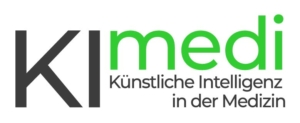SanofiGenzyme Conference in Berlin
Kimedi explains to SanofiGenzyme’s sales representatives the structure, application and benefits of the diagnostic system. From now on, the sales representatives will promote the use of the diagnostic system in doctors’ practices and other medical institutions throughout Germany.

